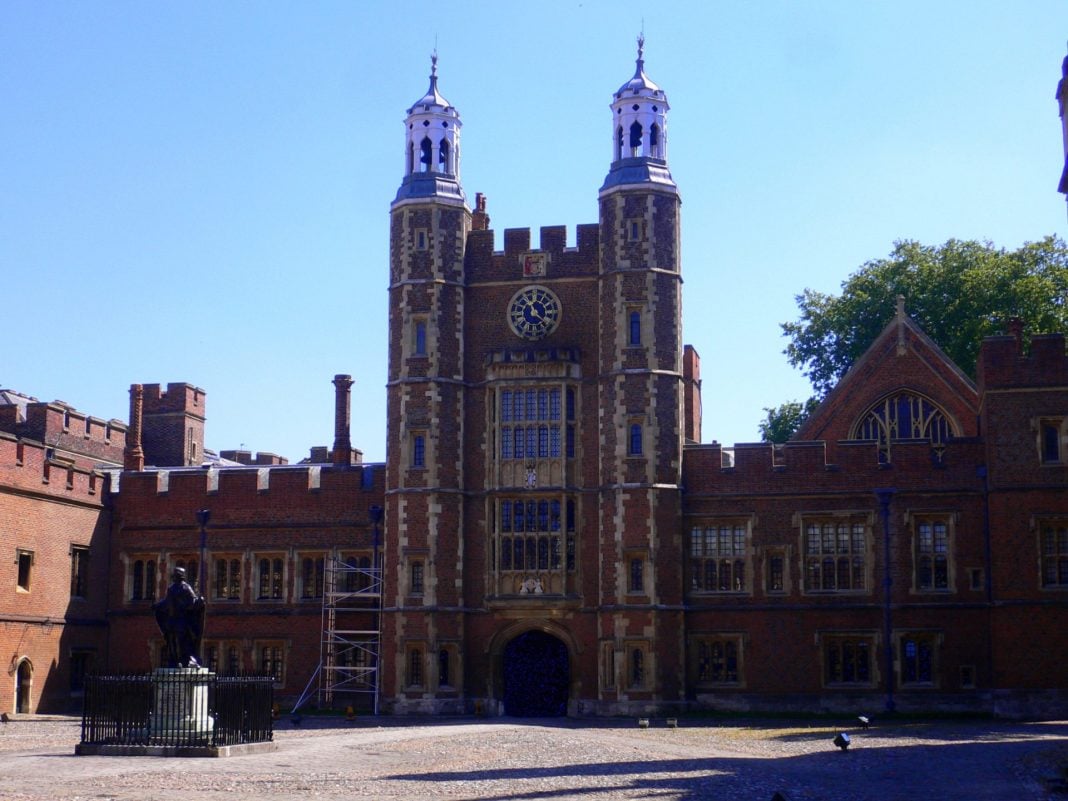It could be in everyone at Oxford’s interests if private schools were abolished. This includes the interests of the privately-educated themselves, and therefore at least a third of people reading this. That’s provided Cherwell’s readership precisely mirrors Oxford’s demographics, but that’s an investigation for another day.
We certainly know one case for abolition: the notion that private schools exacerbate social inequality. It was sufficiently compelling to make Labour Party delegates vote to end them in 2019 and motivated Keir Starmer’s promise to end the VAT exemption on private school fees. As it happens, I agree with this view, but I will use a different strategy here. For it’s plausible that you could think that, whatever the social impact, it is nonetheless the right of parents to choose what is best for their children.
I even think this ‘right’ is on a pretty shaky peg, but here’s another thought: what if private schooling isn’t best? In some ways, it seems like it may be better to be a state-educated Oxford student.
I will assume that most people believe that they got into Oxford on the basis of their academic merit. This would certainly be supported by the rigorous tests, interviews, and submissions that the University puts candidates through in equal measure, regardless of their origin.
If academic merit means something like having a certain gift or ability, say to be good at maths or able to digest and analyse a text at speed, then the following hypothetical should hold. If those Oxford students who were privately educated had been educated at a non-selective state school, then they would have got into Oxford anyway.
If we deny the conditional – perhaps by saying that it is through having significantly more academic support that a disproportionate amount of private-schoolers go to Oxford – we’re left with the pretty controversial conclusion that those who made it to Oxford through a state comp are just better than their privately-educated counterparts. They had fewer means yet still got to the same place.
Let’s say that’s not true. What are the consequences? Well, it means that going to private school doesn’t advance your prospects in higher education. The same reasoning applies for the world of employment – since you were a brilliant mind who would have secured that great job regardless of your schooling.
That would mean that the benefits of private school are not instrumental, but intrinsic: going to private school is a better experience in itself than state. You might cite the better facilities, fewer behavioural issues, and greater amount of personal attention afforded to each student.
On the downside, you’ve never lived in the real world. Oxford is a happy bubble of privilege that I stepped into when I first came here. Yet I am grateful for my previous education in the most bog-standard of schools. While it can be hard to stay grounded in the dizzying cycle of dinners, tutorials in beautiful offices, and countless other nice things, I know that I have some sense of perspective. I was reminded of this again the other day when I rediscovered an Instagram meme page associated with my old school, full of secretly-filmed videos of students assaulting teachers and crass jokes about paedophiles. To say I went there and then to Oxford is quite some contrast.
I felt quite sad when I passed Magdalen College School’s hall (we – Oxford University students – still use their badminton courts) and saw children standing before a formal dinner. If you were raised to expect this kind of thing and have it reinforced by your schooling, I don’t think you appreciate it in the same way as me. I’m still grateful for Oxford every day.
Some might say I’m painting all private schools with the same brush. It’s not all fancy dinners and ‘Oxbridge coordinators’ and ten or twenty pre-made friends before you even arrive. There are still a lot of people like this, though.
The chance to start afresh, to not be known for who I was before, to have known that I’d gone it (more or less) alone is far more deeply rewarding. To have known the kids setting off the fire alarm during A-level exams, the shortage of glue sticks, teachers’ gratitude for your genuine interest in the subject, all of this just makes Oxford far more special. And if admissions tutors see enough ability and potential in you, they’ll let you in anyway.
To me, an Oxford where all students can celebrate with the same sense of achievement, having ‘made it’ to this special place through adversity and the perspective that gives you, is surely a better Oxford. A truly meritocratic Oxford where all students – regardless of their schooling – can hold their heads equally high. That’s why, although it is far from the reality, we should all cheer on the abolition of private schools.
Have an opinion on the points raised in this article? Send us a 150-word letter at [email protected] and see your response in our next print or online.


